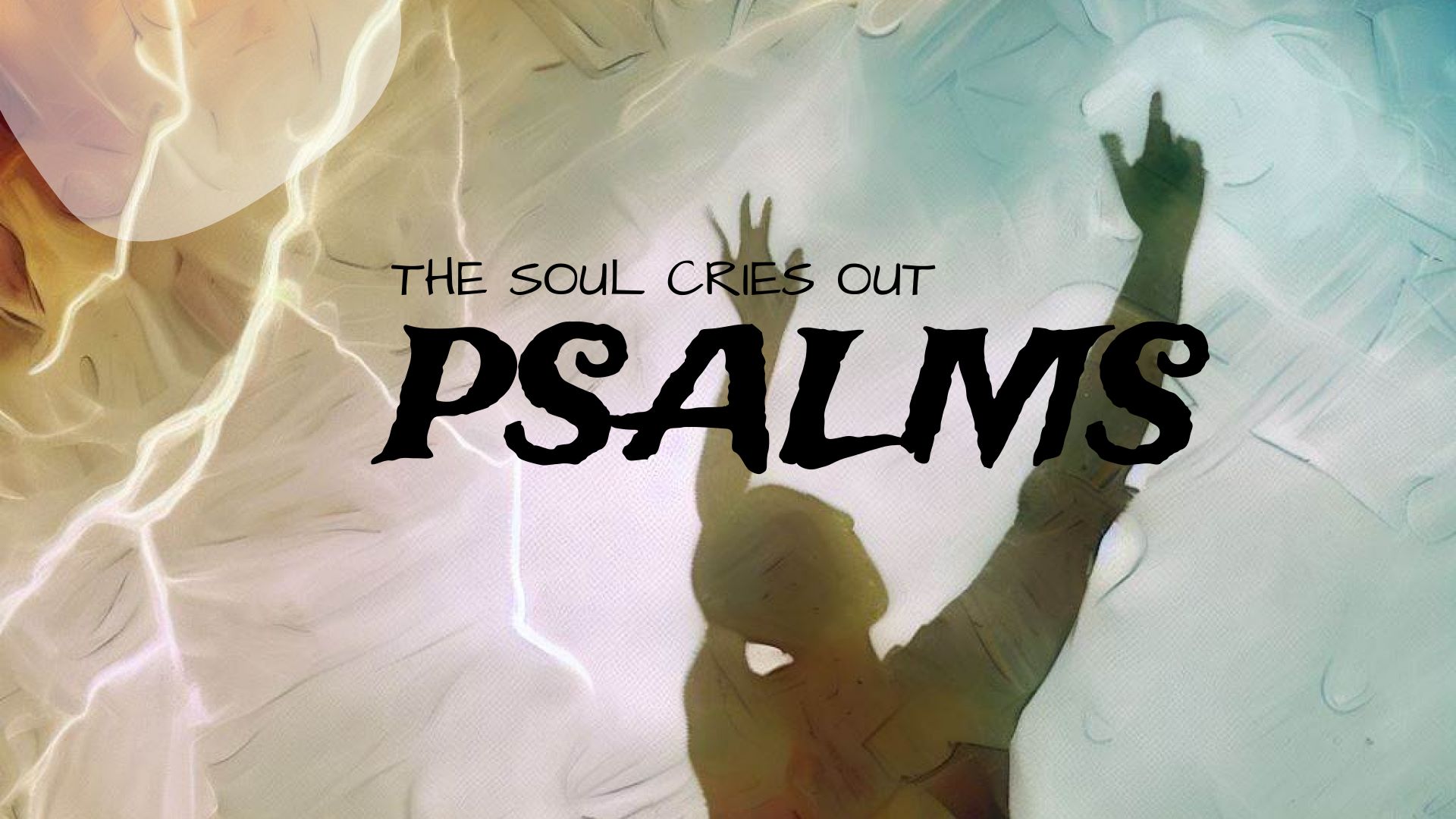The writer Christian Wiman artistically captures one of the central dynamics of the book of Psalms, saying:
“Abundance and destitution are two facets of the one face of God, and to be spiritually alive in the fullest sense is to recall one when we are standing squarely in the midst of the other.”
My Bright Abyss: Meditation of a Modern Believer, 112
Journeying through the book of Psalms brings you through (1) seasons where everything is well in the world, (2) seasons where nothing is well, and (3) the time of emerging from seasons of distress into new seasons of joy. One reason why Psalms is so powerful is that not only does it speak to the seasons of life, but it speaks through them as well. That is, it teaches our souls how to cry out to God in all of life. Psalms emerges from the place of God’s people wrestling to know God and the result is more than just a bunch of poems. The psalms give a voice to the heart and teach the soul how to sing.
The journey
Our 11 weeks in the book of Psalms takes us only through a small portion of the wealth of the 150 different psalms found there.
But these 11 psalms capture some of the key ways that Psalms aims to shape our souls. And that is really important. Psalms is not in the Bible just to be neat poetry; rather, it is there to shape our souls so that they walk with and cry to God in tune with him.
Here are 11 ways your soul should cry out to God:
- Psalms 1-2: sing the song of blessed submission as you learn blessedness through submission to Torah (God’s word) and Messiah (God’s Anointed rescuer and ruler)
- Psalm 8: cry out God’s majesty as a director of the world in praising God
- Psalm 145: cry out with thankfulness for God’s robust and complex goodness in this world
- Psalm 86: praise God in the midst of the storms of life
- Psalm 88: learn to lament (it is worship, too)
- Psalm 79: cry out against brokenness with passion for God’s saving and judging acts
- Psalm 109: cry out in your anger toward God to find the stability and peace to speak in love towards your neighbor
- Psalm 23: praise God for the settled peace of being his—in the darkest valley or at the exalted banquet table
- Psalm 117: cry out the praises of God with such brilliance that others see his steadfast love is beautiful
- Psalm 136: worship God for the simple and life-alter reality: his enduring love is the greatest thing EVER
- Psalm 150: cry out to God because “Praise God” is the point of life
Leaving the Psalms
This brief sermon series in the book of Psalms barely touches at the riches therein. There is much more to learn.
Crying comes naturally to a baby. The baby feels a need and cries out over it. Crying at this basic, instinctual level is useful. But it is a crude and limited form of communication. As the baby grows up, crying in this instinctual way becomes more and more a limitation rather than a help. The child needs a more robust way of communicating the needs and desires of the soul.
In a similar way, crying out to God comes naturally to his children. But our instinctual cries stand in need of honing, shaping, and maturing as we come to better know God, his intentions, and this world he has created. Mine the Psalms. Meditate on the Psalms. More so than any other place in Scripture, here your soul is schooled in crying out to God in all of life.
Check out guidance here from Dr. Donald Whitney on praying the psalms and praying the Bible. This is life-changing guidance on prayer!
Shape it well through long years of steady observance and practice.

